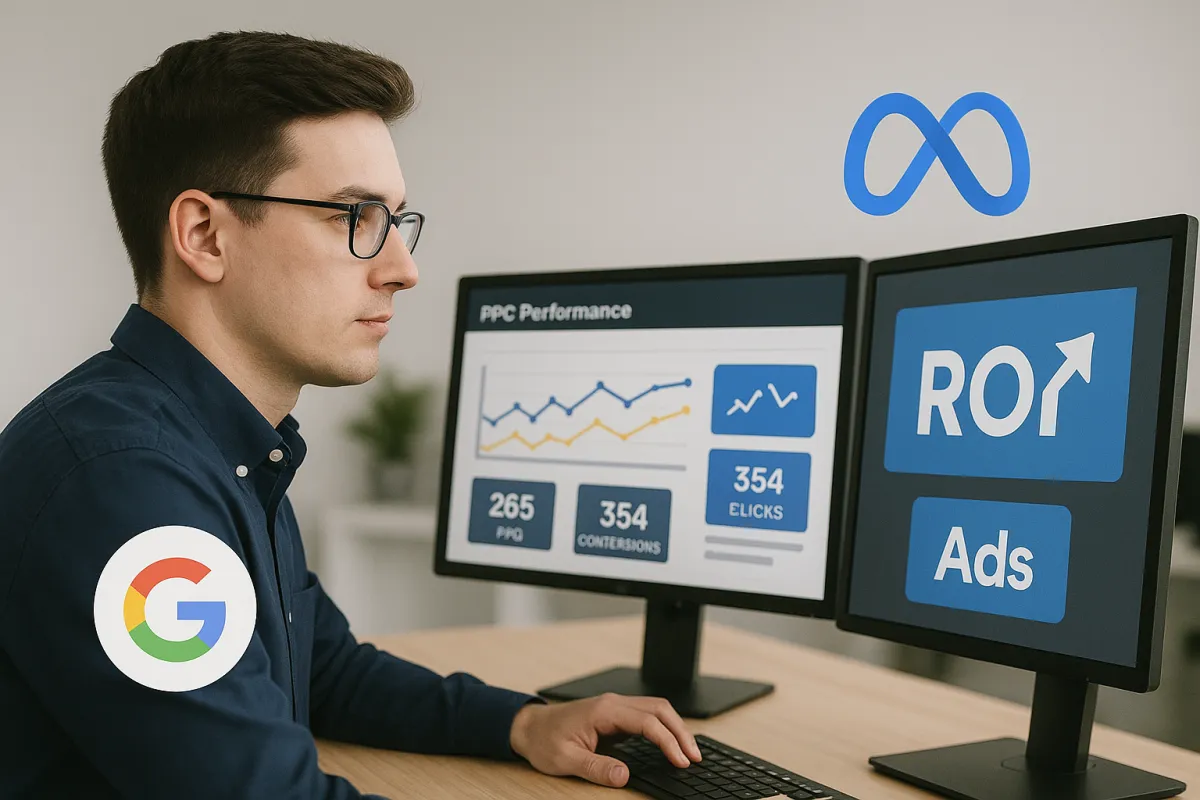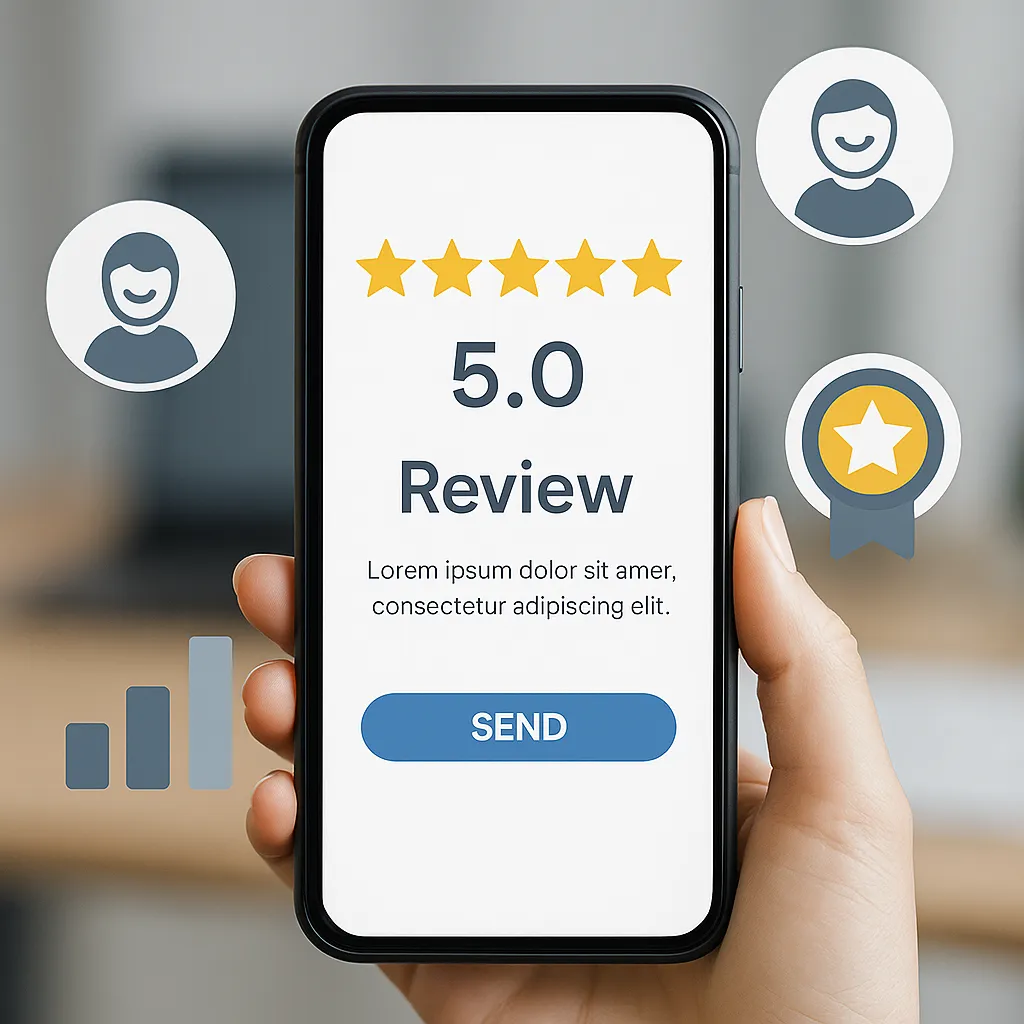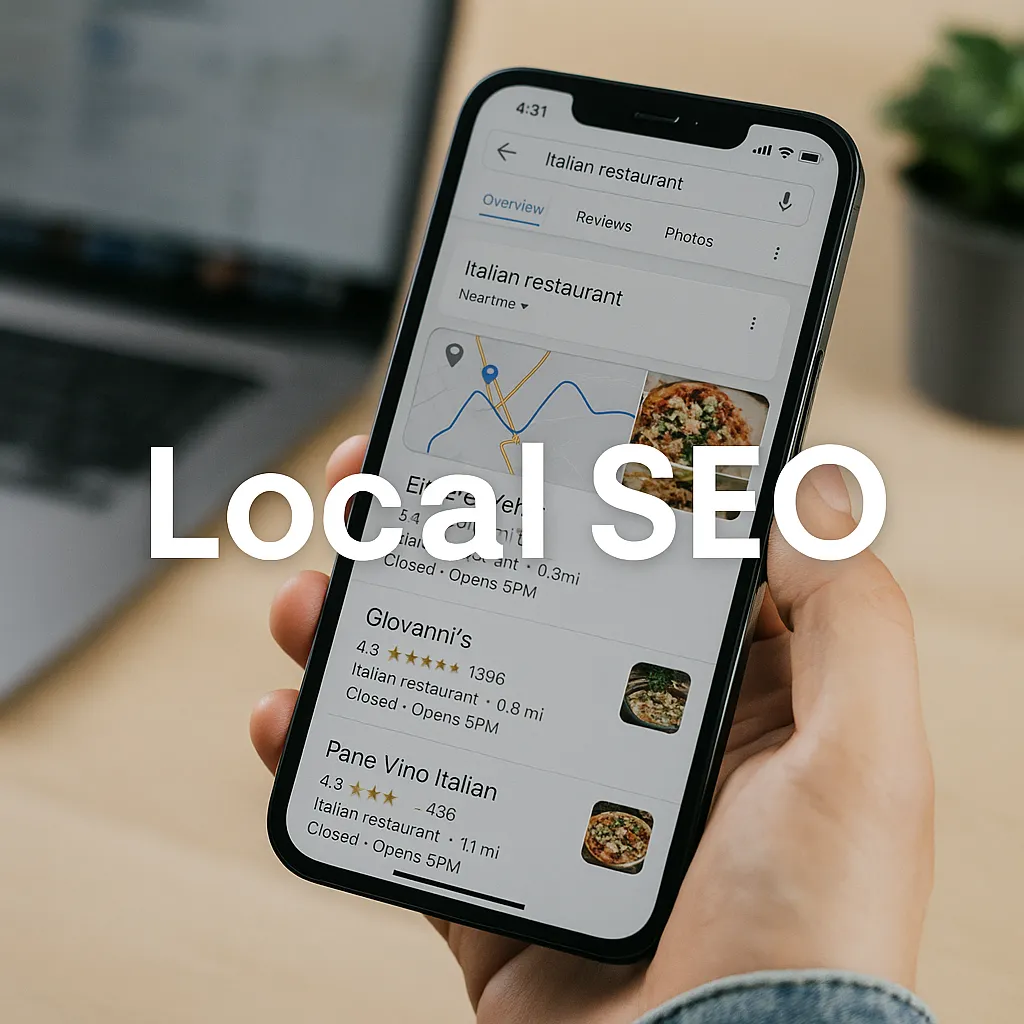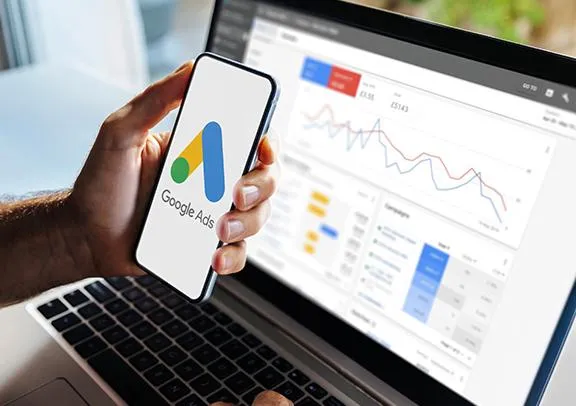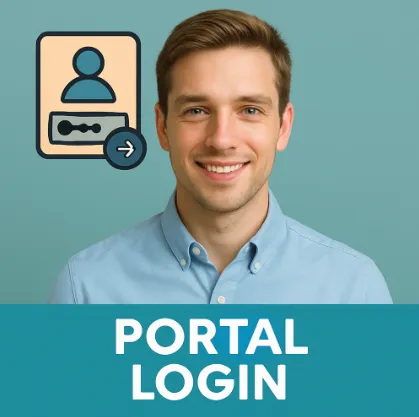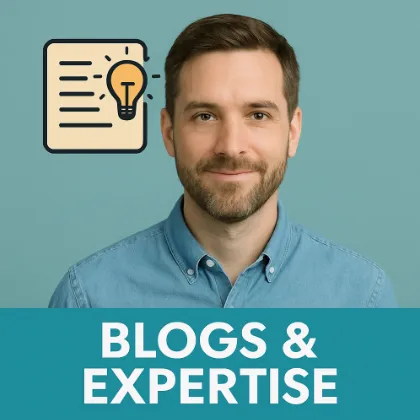Website Structure for Local SEO
Introduction:
The entire purpose of our website should be to convert visitors into leads. More specifically, we want qualified leads that our looking for our products/services within our target area.
How can we accomplish the tall task of asking Google to make the introduction between that qualified lead who is searching for our service in our target area, and us- the subject matter expert.
Here are 3 topics we NEED Google to understand about our business! 👊
1. We are WHO we say we are. (Authority)
This is based on the “authority” that your brand and domain hold. This is a combination of external assets linking to your site (establishes you as a credible asset), age of your domain and/or Google Business Profile, social mentions, citations, etc. Basically, we want Google that we aren’t just a local business, but rather we are an AUTHORITY and Subject Matter Expert in our field. Simple way to think of it: the more people that talk about you, quote your work, or link to you- the more Google assumes you must have some valuable knowledge.
2. We do WHAT we say we do. (Contextual Relevance)
We teach Google WHAT we do in a few ways. Most directly, we convey this information in our Google Business Profile’s Primary and Secondary Categories. We also list out this information in the “Services” area of our Google Business Profile. Next we have a services section on our website that should reinforce the information that Google already has. Then there are some less-obvious places. For instance, we can get relevant backlinks from industry specific websites which link to us using the anchor text as a keyword such as our primary service. Think “we needed AC Repair so we called an expert” where AC repair is our primary service. Next, we can include our services and expertise in our Advanced Schema Markup in our website and in embedded assets that we place in other properties like press releases. We also should structure the content in our website in a way that supports our services with examples of us providing that service through case studies, testimonials, project pages, or blog posts with relevant information.
In short, we want Google to have a very clear understanding exactly WHAT services (or products) we provide. At System X Designs, we call this entire process one of building “contextual relevance” as we teach Google WHAT we (or our clients) do.
3. We do it WHERE we say we do it. (Geographic Relevance)
Similar to building “contextual relevance”, we also need to build “geographic relevance” so that Google knows exactly WHERE we provide our services. This is most directly conveyed to Google in the “Service Area” of our Google Business profile where we can provide up to 20 areas that we want to target. Then we can also include Service Area pages in our website with relevant content about the areas in which we are trying to target. We can also include them in our Service Areas in our Advanced Schema Markup.
Past what we can do with our on-page, there are also multiple ways that we can build geographic relevance with relevant backlinks. For instance, a link from a local newspaper, a citation listing in the local Chamber of Commerce, or from sponsoring a local church group or little league team.
Then there are some even less tangible ways that we can establish geographic relevance. Examples would include user engagement signals coming from online properties. For instance, when a person leaves us a review from their mobile phone- where were they standing? Example: someone leaves us a review with a picture of their newly installed AC unit. Google knows that they are standing in our target city and sees EXIF data from the image containing the latitude and longitude coordinates from where it was taken.
These are all ways to establish “geographic relevance” for our business.


